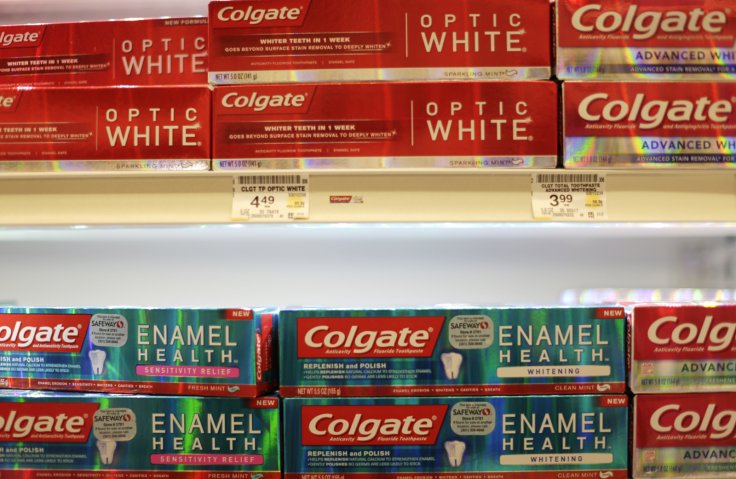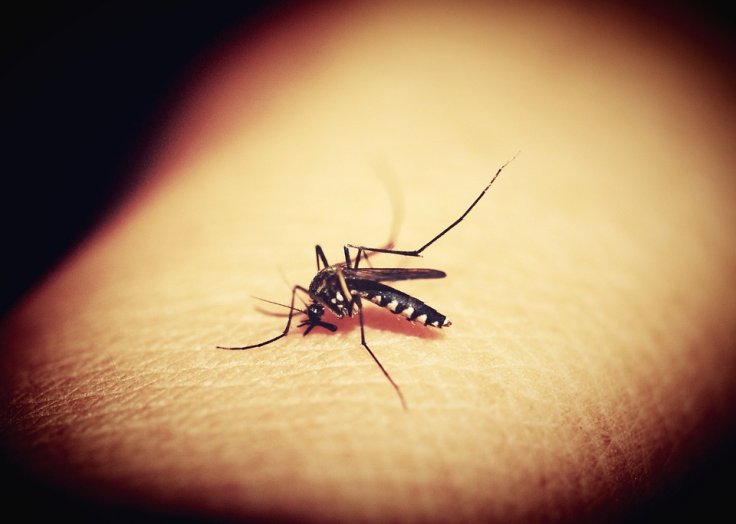
Human discoveries often amaze us to no end. A recent study by an artificially intelligent 'robot scientist' has found that an anti-bacterial and anti-fungal agent in toothpaste, soaps and detergent can be used against antibiotic-resistant malaria parasite.
This agent can be used as a drug which can fight those strains of the malaria parasite which can no longer be killed by antibiotics available in the market as they have grown resistant to it.
The study was directed by scientists from the University of Cambridge, Britain. The 'robot scientist' Eve was used in a high-throughput screen to discover that triclosan, a common ingredient in toothpaste, may be useful in fighting malaria that has developed resistance to prevalent drugs. The findings were published in the journal Scientific Reports.

Artificial intelligence helped the scientists to find out that triclosan stops the spreading of DHFR enzyme, which in turn stops the parasite's growth in blood. Previously, it was assumed that triclosan inhibits the growth of Plasmodium, the malaria parasite, during the blood-stage as it targeted the enoyl reductase (ENR) enzyme in the liver.
Now, it has been proved that the agent can target the enzymes in the disease parasite that are resistant to the common malarial drug pyrimethamine. With this new revelation, experts believe that malaria can be fought both at the liver as well as the later blood stage.
Currently, malaria kills about half a million human beings annually; out of them majority are children.
"The discovery by our robot 'colleague' Eve that triclosan is effective against malaria targets offers hope that we may be able to use it to develop a new drug," said lead author Elizabeth Bilsland.
This development was led by Professor Ross King from the Manchester Institute of Biotechnology at the University of Manchester. Eve was developed by scientists at Manchester, Aberystwyth in Wales, and Cambridge universities.
Robot Eve is capable of automating and making more efficient the process of drug discovery, hypotheses testing and observation explanations. It can also run experiments and automate high-throughput research. According to King, AI can help in creating more automated scientists who can deal with scientific problems more quickly than human beings.








